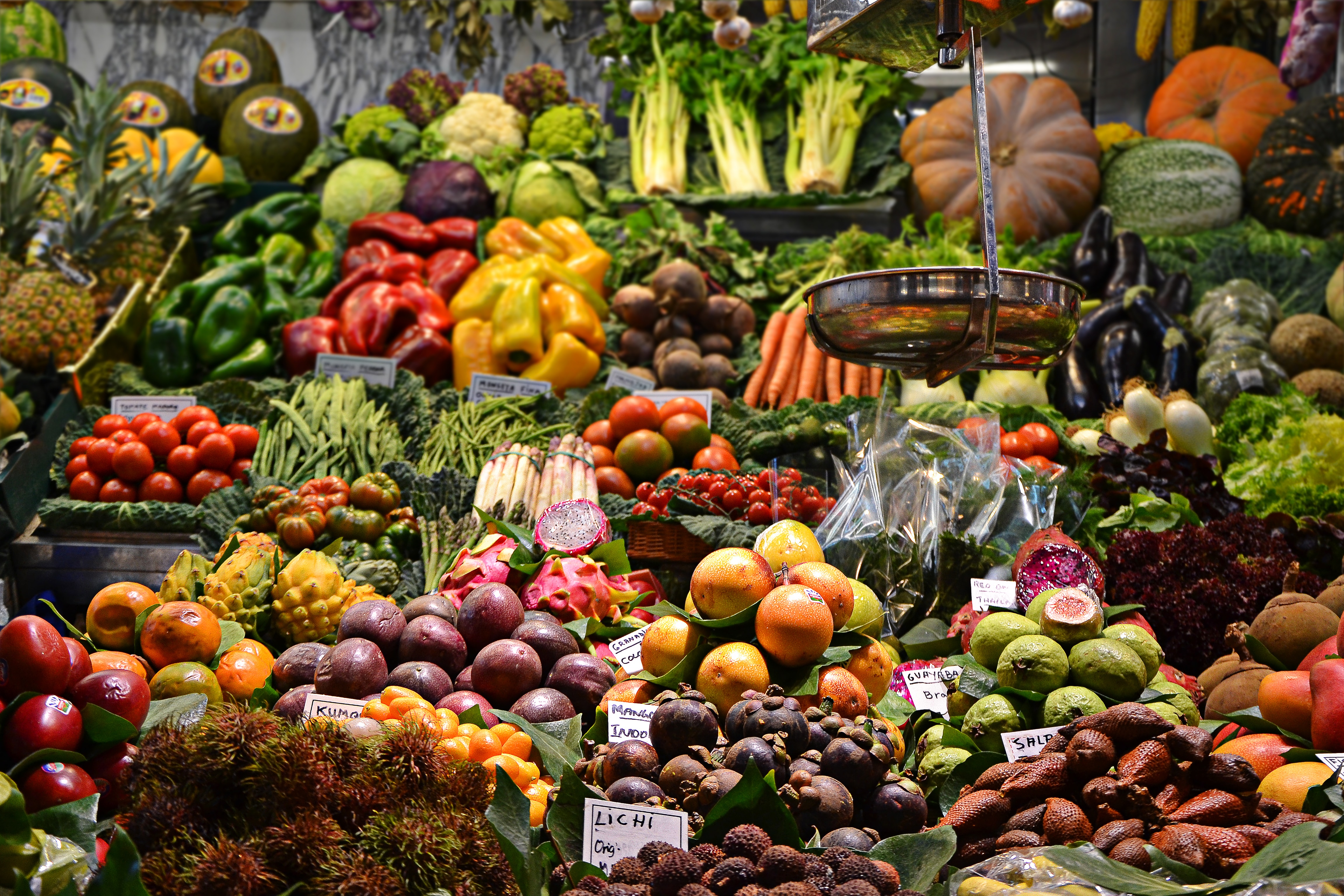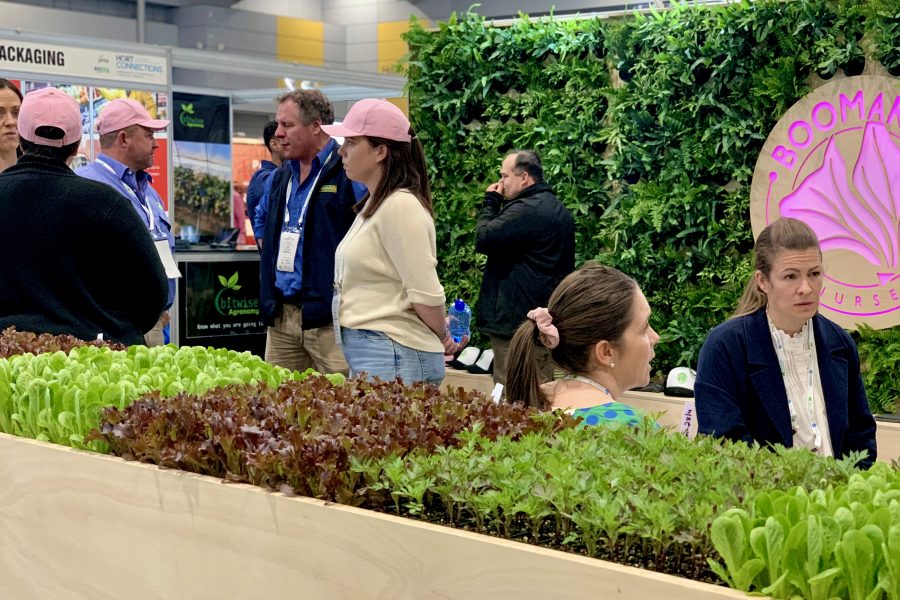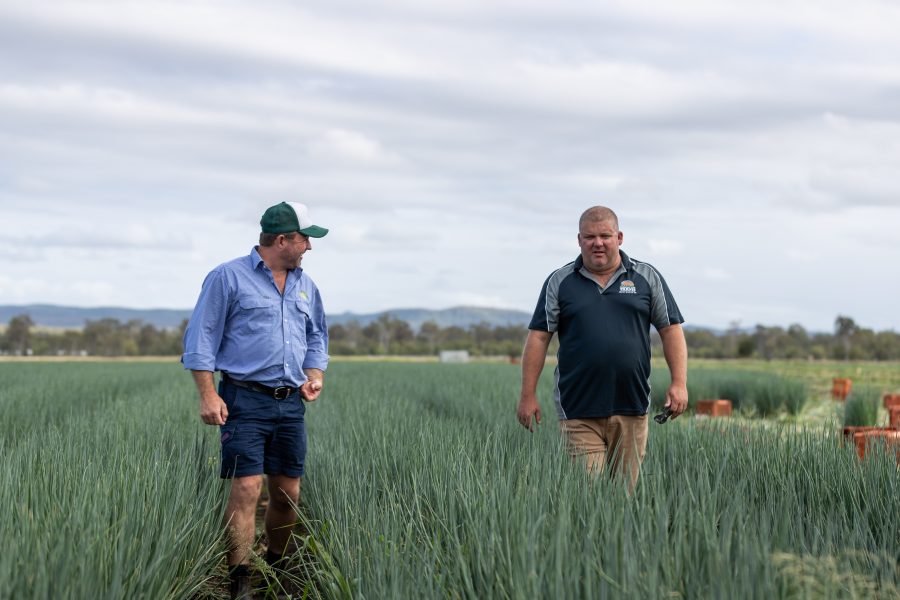As consumers, we are constantly told to consider our relationship with our food – is it ethically sourced? Organic? Sugar Free? Natural? Nutritious? Healthy? Locally Grown?
Sometimes, in amongst all that noise, we forget to ask ourselves perhaps the most important question when it comes to food – is it delicious?
Deliciousness as a concept is finding its way towards the front of many people’s lips when it comes to the conversations around our dietary choices.
Everyone from suppliers to retailers, chefs to consumers are asking – “…but does it taste any good?”
For that reason, many in the horticultural industry are going beyond just talking to the health benefits of their fruit and vegetable produce and starting to tap into the natural ‘delicious’ flavour profiles of their product.
Food columnist and television host Adam Liaw spoke about this in his presentation at Hort Connections in July. “If I was in charge of marketing vegetables I would be marketing it in one direction only. And that would be that vegetables are delicious,” he said. Liaw lists three things that determine how we appreciate food – taste, texture and flavour.
Taste refers to the response from our taste buds, sent to the brain when we eat something. Taste buds help us in identifying and communicating five basic tastes: sweet, sour, bitter, salty and umami (or savoury).
Texture simply refers to how you cut your food or how long you cook it for. The flavour though is our assessment of a food where our brain brings together inputs from our senses lead by smell with contributions from taste and even touch and sight.
Both taste and texture can be affected in the cooking or preparation process. Liaw acknowledges, however, that, as an end-consumer, the flavour is the only one of the three that cannot be manipulated by the customer (ie. it is inherent in the individual characteristics of that food). This is territory owned solely by producers and their supply chain partners, who need to ensure that their produce is grown to the highest quality to ensure the truest flavours of each vegetable. Their true deliciousness!
Whilst it could be argued that generations of people have been wired to prefer the burger in the bun and not the accompanying lettuce, Science suggests we can re-train our brain and its perceptions of what defines delicious.
“Taste, the way you and I think of it, is ultimately in the brain,” says Dr Charles Zuker from Columbia University Medical Centre.
Science has shown that hyper-palatable ingredients such as sugar and fat can lead to neurochemical addiction.
“Dedicated taste receptors in the tongue detect sweet or bitter and so on, but it’s the brain that affords meaning to these chemicals,” said Dr Zuker.
Breaking the connection of unhealthy foods to the concept of ‘deliciousness’ is hard work for both the consumer and those in the Fresh Produce industry, however, it is a battle worth fighting, with long-term health benefits for all.
Perhaps a lesson can be learnt from an unlikely emerging industry.
Marketers have long known that it is better to appeal to the emotional, rather than rational benefits of a product when trying to win over customers.
A 2018 study from the University of Bern in Switzerland found that promoting insect-based food as tasty, rather than healthy or environmentally friendly, could be an effective marketing strategy.
Covering the study, Science Daily noted “Long-term social considerations, such as environmental protection or improved health, don’t appear to be enough for consumers to overcome the insect “disgust” factor. As people’s aversion towards insects is largely emotional rather than rational, it makes sense to try to influence their emotions rather than make rational appeals about long-term issues. The team’s results suggest that future marketing campaigns should portray insect-based food as delicious, trendy or even luxurious, if they are to effectively change people’s eating habits.”
If it’s good enough for insects, surely it can work for fruit and veg too! Some great examples of focusing on the idea of ‘taste’ as a central component to their communications are Taste Australia and Love My Salad.
Taste Australia is a national brand of Hort Innovation that aims to support and drive demand for Australian fresh produce, particularly in Asia. Australia’s close proximity to Asia means our products can be delivered very fresh to allow customers to experience the enhanced flavour profile of our produce. A focus on flavour is inherent in the Taste Australia brand name. By creating this brand positioning for Australian produce, much of the marketing work is done in advance for Australian Growers. Their products are positioned based on the notions of freshness and flavour.
‘Love My Salad’ is an initiative started by employees of seed company Rijk Zwaan, aimed at celebrating the tasty food combinations of the company’s product. As a content marketing platform, it curates content that informs, inspires and “…brings passionate vegetable lovers together to meet and share ideas within the world of vegetables.” This blog-based approach is accessible and perfect for social media discovery and engagement, supporting a culture that will lead to increased demand for the end product.
So maybe a marketing brain re-train is all that’s needed. A little less rational talk about the health benefits of our produce, and more emotional focus on how delicious it tastes!




